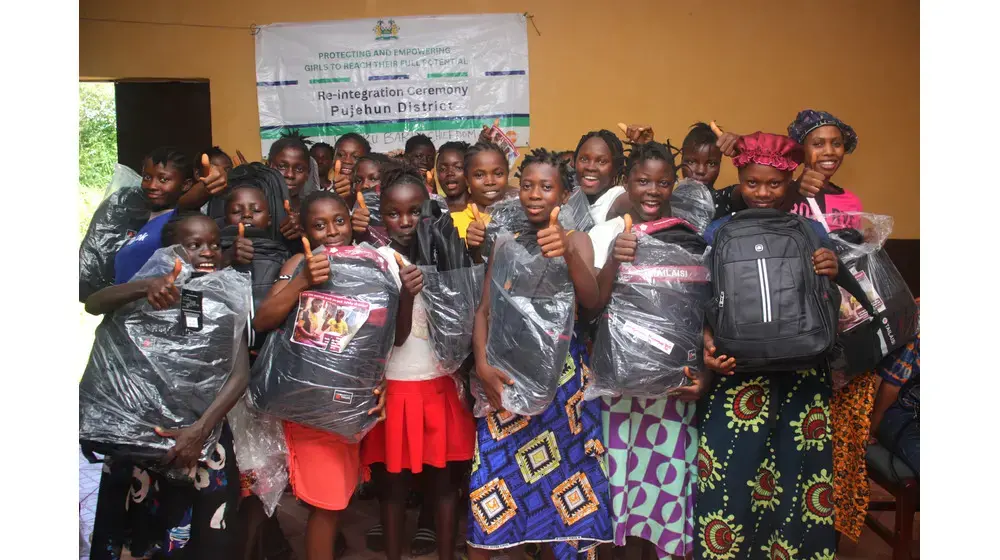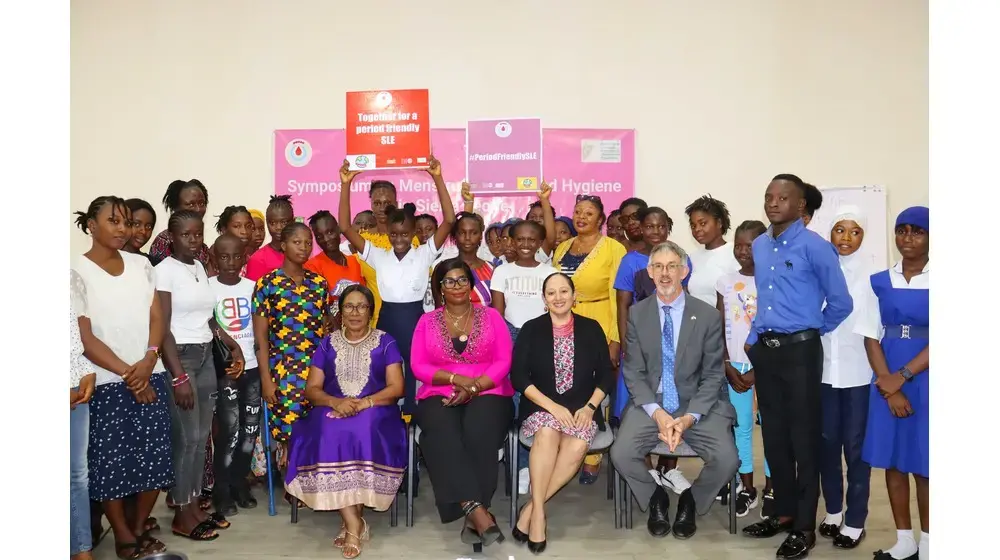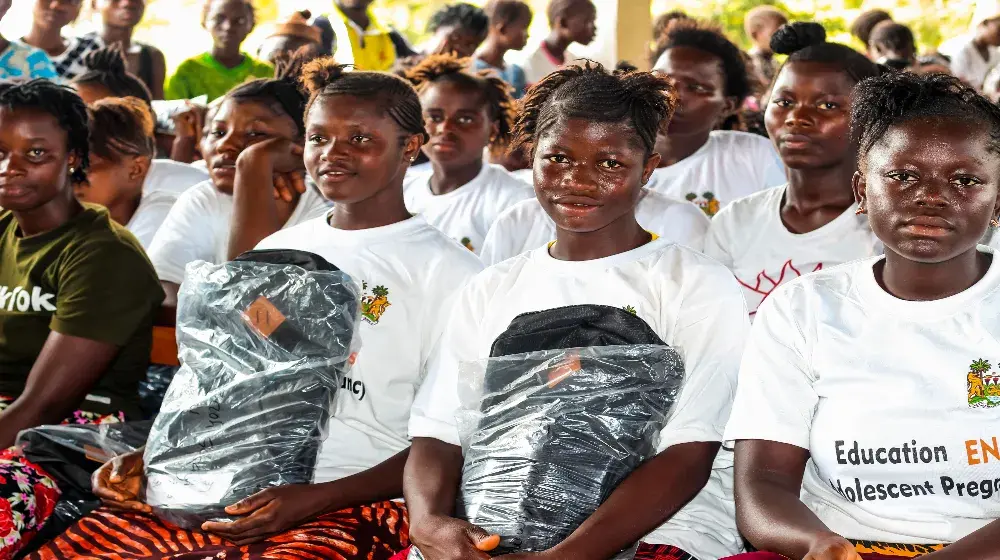FREETOWN, Sierra Leone, 9 June 2022- Since 2019, UNFPA has supported the Ministry of Basic and Senior Secondary Education (MBSSE), though Irish Aid funding, to integrate comprehensive sexuality education (CSE) into the basic education curriculum framework. This has included supporting the development of teaching and learning materials for primary and junior secondary classes.
In June, with UNFPA support, MBSSE led the validation of the CSE teaching and learning materials. The materials, which include age appropriate and culturally relevant information were reviewed in their entirety by a large range of stakeholders from Government, Development Partners, NGOs, and CSOs over the two-day workshop.
Opening the validation workshop, the Minister of Basic and Senior Secondary Education, Dr. David Moinina Sengeh, stated that CSE is a key intervention in reducing adolescent pregnancy in Sierra Leone and ensuring that young people live happy and fulfilled lives.
Similar sentiments were echoed by Sibeso Mululuma, UNFPA Deputy Representative, Dr. Yatta Kanu, Chief Education Officer, Madam Patricia Bah, National Coordinator of the National Secretariat for the Reduction of Teenage Pregnancy and Child Marriage, and Ms. Emma McLoughlin, Deputy Head of Mission, Embassy of Ireland.
CSE is as a curriculum-based, rights-based and gender-transformative approach to sexuality education that can be implemented in an in-school or out-of-school setting. It involves not only teachers but also parents, schools, communities, service providers, traditional and religious leaders, civil society organizations, and other relevant stakeholders.
The curriculum is expected to be piloted by end of the year.





